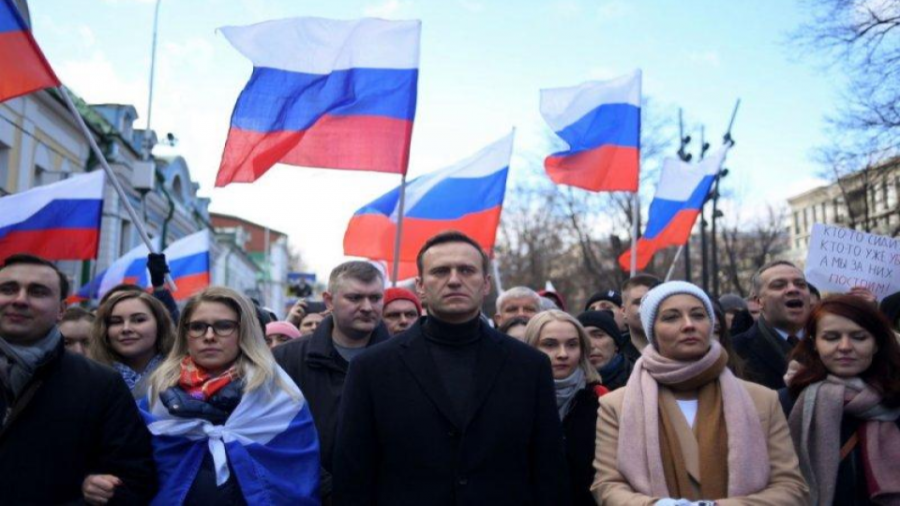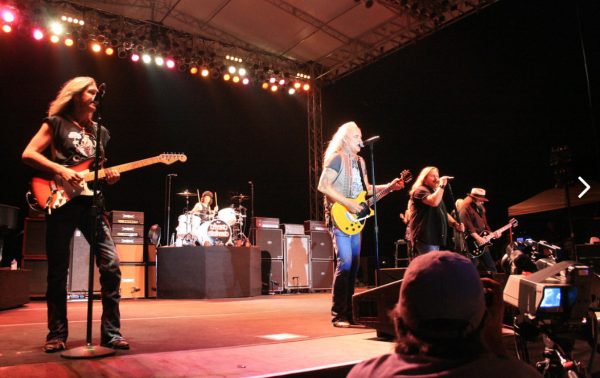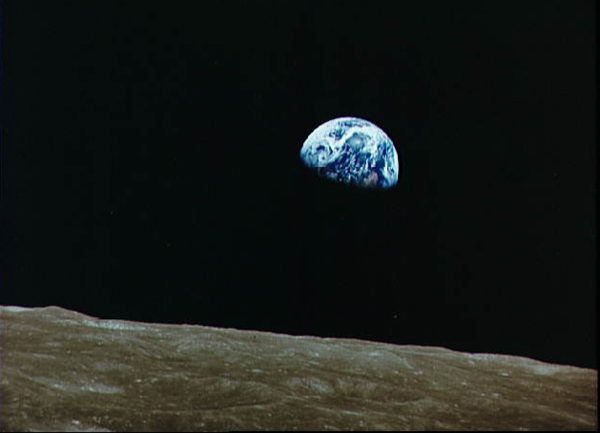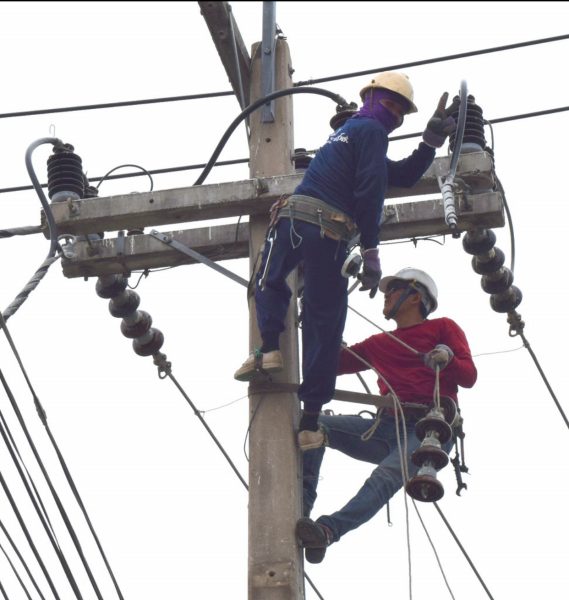The United States and Russia’s Call
Russian opposition leader Alexei Navalny, his wife Yulia, opposition politician Lyubov Sobol and other demonstrators march in memory of murdered Kremlin critic Boris Nemtsov in downtown Moscow on February 29, 2020.
President Joe Biden held his first call on Tuesday, Jan. 26, 2021, with his Russian counterpart confronting Russia’s President Vladimir Putin over a range of concerns.
He voiced allegations of a recent enormous cyberattack, human rights abuse, and the suspected poisoning of the country’s leading opposition figure.
The call, which occurred high noon, was less than a week into Biden’s term, showing a distinct difference from the deference that former president Donald Trump often gave Russia.
White House press secretary Jen Psaki said on Tuesday, Biden’s agenda for the call dealt with the protest of “ongoing Russian aggression” toward Ukraine, the alleged offer to pay bounties for the deaths of U.S. troops serving in Afghanistan, alleged interference with U.S. elections, and the “Solar Winds” espionage case.
“His intention was also to make clear that the United States will act firmly in defense of our national interests in response to malign actions by Russia,” Psaki said.
Biden also spoke with NATO Secretary-General Jens Stoltenberg and “conveyed his intention to consult and work with allies on the full range of shared security concerns” and reaffirmed the U.S. commitment to “strengthening transatlantic security” on Tuesday.
A written summary of the Putin call was later provided by the White House accentuated extending the arms control treaty.
The pact, known as the “New START,” is the last remaining nuclear arms treaty between the former Cold War enemies.
It would expire on Feb. 5 unless extended by both nations causing the timing of Biden’s call to be partly driven by the clock
“The two presidents agreed to maintain transparent and consistent communication going forward,” the White House stated.
Lt. Col. Alexander Vindman, the former National Security Council aide discharged by Trump after testifying during Trump’s first impeachment trial, tweeted Tuesday in support of the shift that the conversation represented.
“An enormous departure from the last four years,” he wrote.
The United States joined The Group of Seven in condemning a statement that said “the politically motivated arrest and detention” of Alexei Navalny, who was taken into custody on Jan. 17, 2021.
Michael McFaul, a former United States ambassador to Russia, said on Tuesday that the White House was correct “to engage Putin on issues of mutual interest like the New Start treaty extension,” while raising Russia’s “belligerent foreign policy actions” and speaking “bluntly about human rights violations inside Russia.”
Furthermore, the Kremlin said Mr. Putin “noted that normalizing the relationship between Russia and the United States would be in the interest of both countries and — given their special responsibility for security and stability in the world — of the entire international community.”
Many citizens of America are happy of how Biden is handling issues that concern Russia. Approving of how Biden is not treating Putin the same way Trump did. There are many more topics these presidents need to discuss but for now they are happy with the step they took together.











